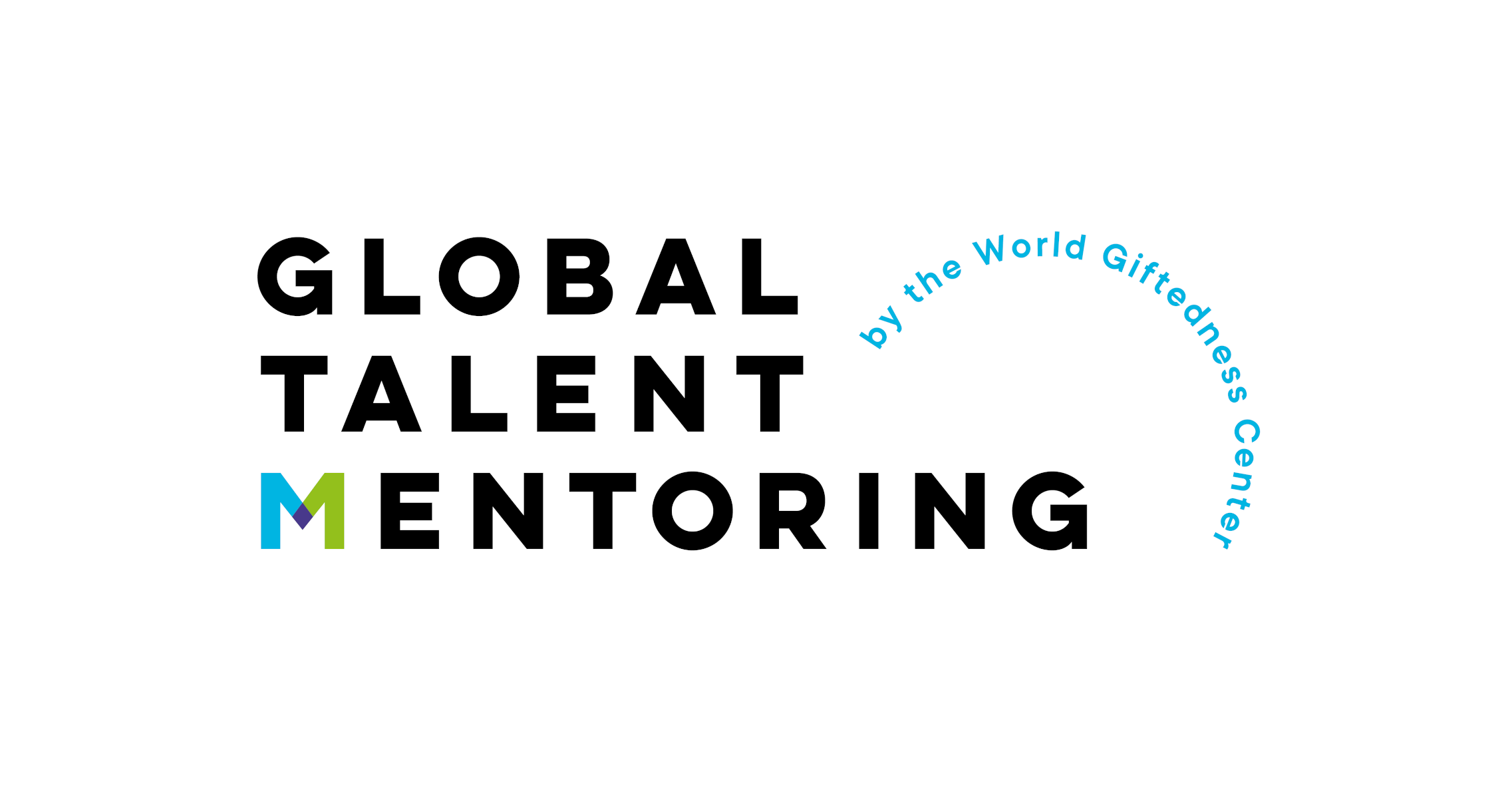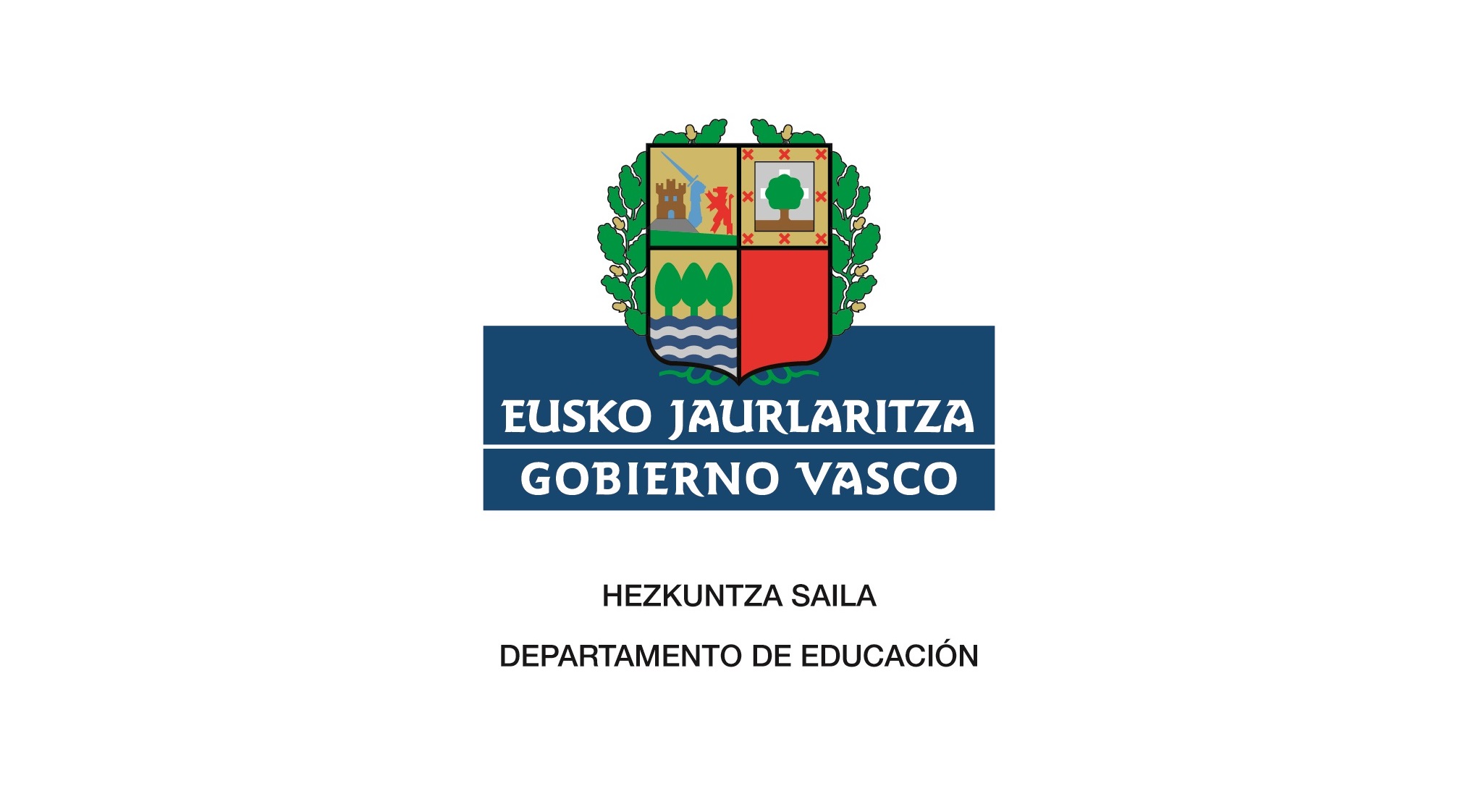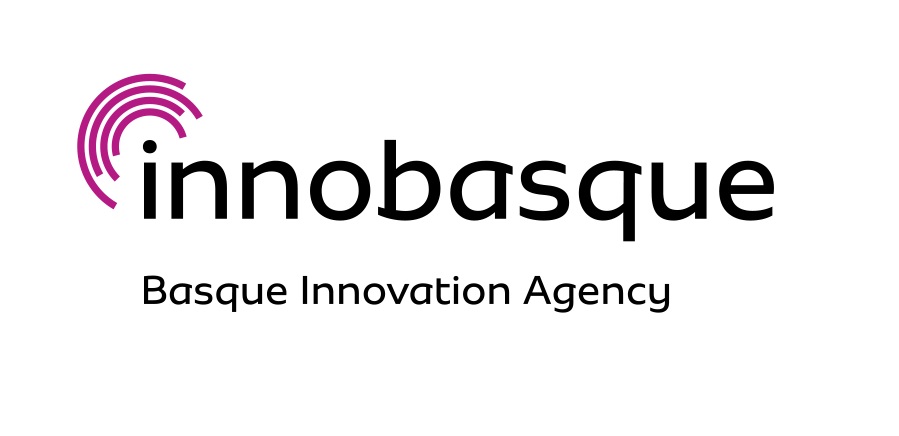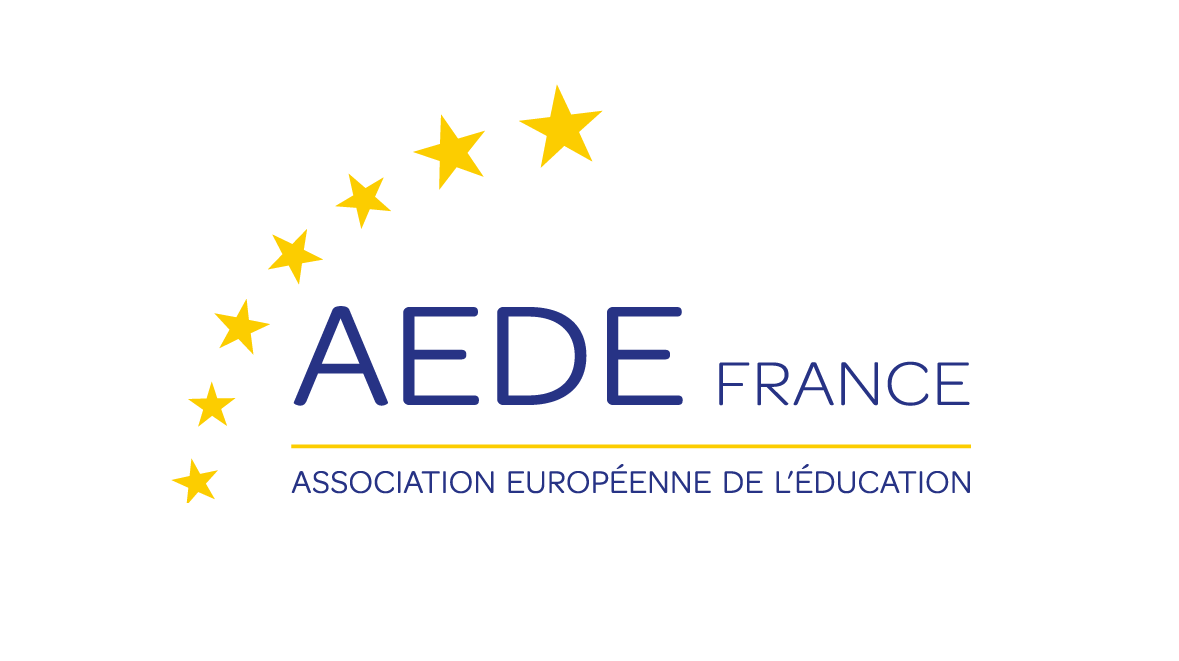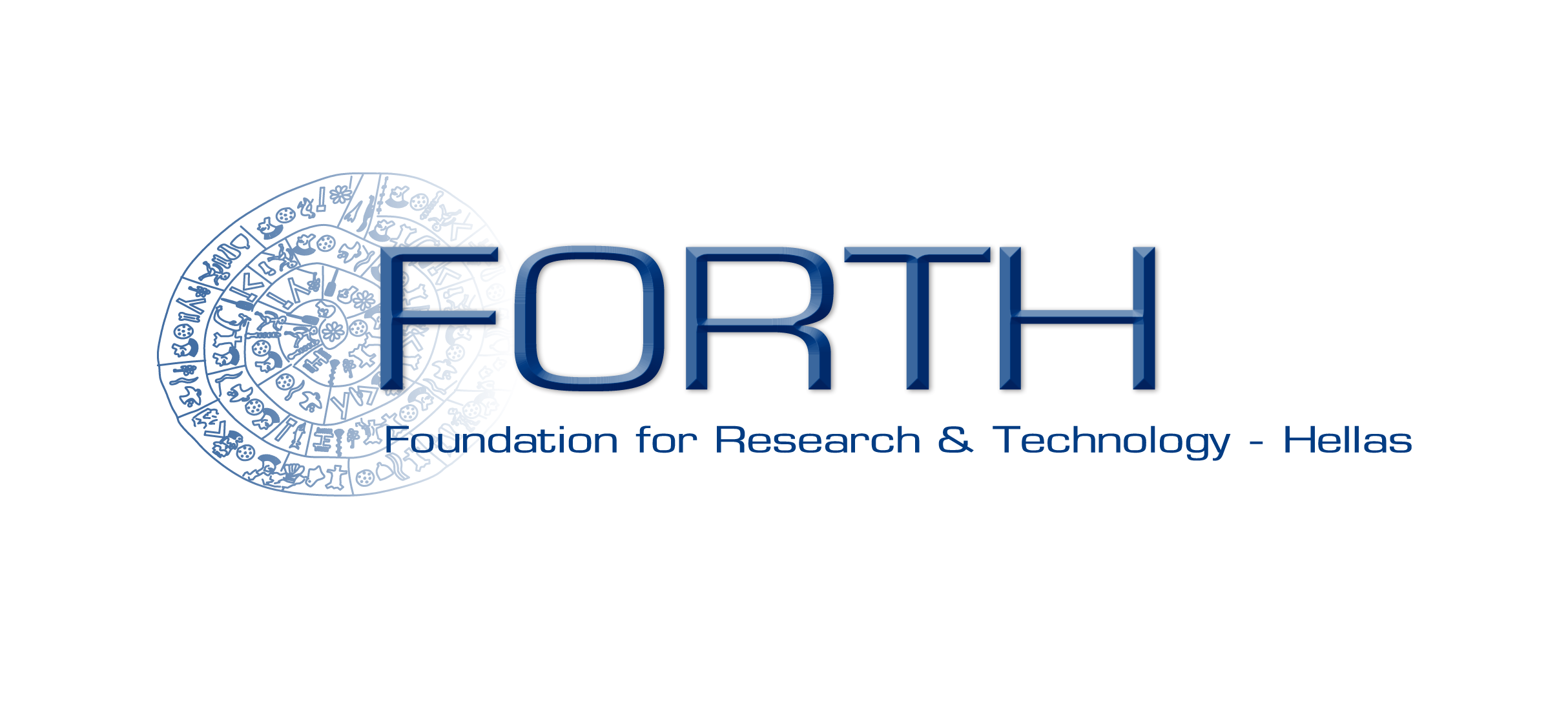Global Talent Mentoring
Global Talent Mentoring is an online mentoring program that fosters the world’s most outstanding young people who demonstrate exceptional talent and motivation in a specific domain within science, technology, engineering, mathematics, and medical sciences (STEMM). Each mentee works with a mentor who has expertise in the mentee’s area of interest over an extended period of time (e.g., from around the age of 16 up to the completion of advanced tertiary studies). The program uses its own innovative platform to facilitate one-on-one and group mentoring from internationally leading experts in STEMM fields that will guide mentees on an individualized pathway to excellence. Global Talent Mentoring is free of charge and open to participants around the world, regardless of cultural background or financial resources. The first round of mentoring starts in late 2020.
Global Talent Mentoring has international collaborations with more than 30 partners that connect it to networks across five continents. Thanks to the support of this growing network, Global Talent Mentoring has access to the world’s brightest minds in STEMM, each of whom help form the program’s vibrant community of STEMM expertise and talent.
Global Talent Mentoring is developed by a team of researchers and IT specialists under the leadership of Prof. Dr. Heidrun Stoeger, who is the chair for school research, development, and evaluation at the University of Regensburg (Germany) and has extensive experience in online mentoring in STEM. Global Talent Mentoring is the flagship offering of the World Giftedness Center of the UNESCO-recognized Hamdan Bin Rashid Al Maktoum Foundation for Distinguished Academic Performance in Dubai, UAE.
Global Talent Mentoring is cooperating closely with several members of the EU STEM Coalition to ensure optimal alignment with national and regional STEM-education programs. For more information about Global Talent Mentoring, its offerings, related research, and more, please visit the program page (link) or visit the Global Talent Mentoring website via the link above.
